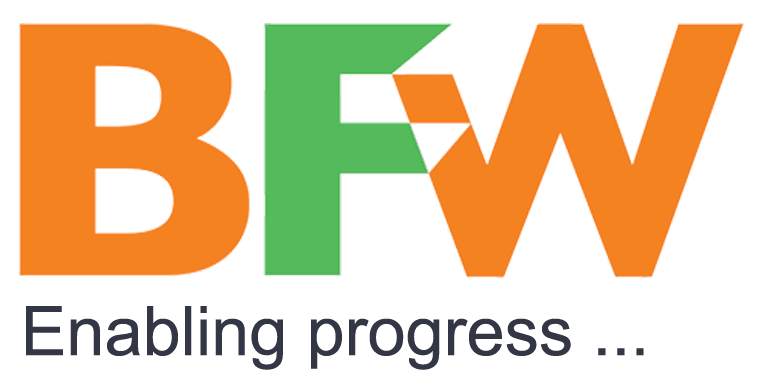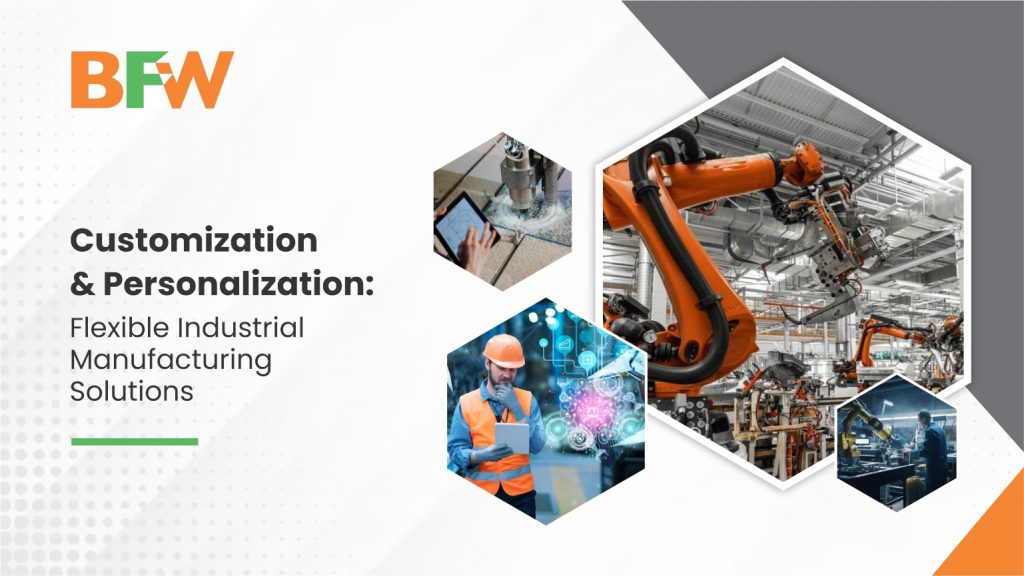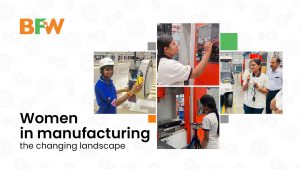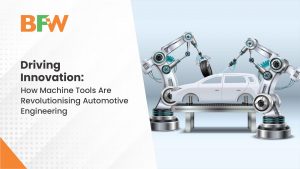In today’s rapidly changing industrial landscape, the demand for personalized and customized products is on the rise. Consumers are looking for unique, tailor-made solutions that cater to their specific needs and preferences. This shift in consumer behavior has prompted manufacturers to adopt flexible industrial manufacturing solutions that can accommodate customization and personalization.
Innovative tools and processes such as automation, robotics, machine learning, data analytics, and digital twins, among others, have made customization and personalization possible in the industrial manufacturing space.
In this blog, we explore the significance of customization and personalization in industrial manufacturing and how flexible solutions are shaping the future of the industry.
The rise of customization, personalization and flexibility in manufacturing
Traditional manufacturing processes faced challenges when it came to incorporating customization and flexible processes. Set processes and fixed production lines made it difficult to adapt quickly to changing product specifications. This often resulted in increased lead times, higher production costs, and an inability to meet the diverse needs of consumers.
Traditional manufacturing models were often centered around mass production, only supporting scale. However, this approach limited the ability to respond quickly to changing consumer demands and preferences.
As technology advanced and consumer expectations evolved, the demand for customized products gained momentum. From personalized consumer electronics to customized and unique automotive components, customization has become a key differentiator in the manufacturing industry.
Key features of flexible, customized, and personalized manufacturing
- Advanced robotics and automation: Robotics and automation technologies streamline manufacturing processes, allowing for precise and efficient customization. These technologies also contribute to improved quality control and reduced error rates.
- Data-driven decision-making: The integration of data analytics and artificial intelligence enables manufacturers to gather insights into consumer preferences and market trends. This data-driven approach helps in making informed decisions regarding product customization and personalization.
- Modular production lines: Flexible manufacturing systems often consist of modular components that can be easily rearranged to accommodate different production requirements. This modular approach enhances agility and responsiveness.
- Collaborative manufacturing: Collaboration between humans and machines is a key aspect of flexible manufacturing. Workers can focus on tasks that require creativity and problem-solving, while machines handle repetitive and labor-intensive processes.
Benefits of customization and personalization in manufacturing
- Increased customer satisfaction: Customized products meet the specific needs of individual consumers, resulting in higher levels of customer satisfaction and loyalty.
- Reduced costs: Flexible manufacturing reduces the need for maintaining large inventories of standardized products, as manufacturers can produce on-demand.
- Market differentiation: Offering personalized and customized products sets manufacturers apart from competitors, creating a unique selling proposition in the market.
- Adaptability to market trends: Flexible manufacturing allows manufacturers to adapt quickly to changing market trends, ensuring they stay ahead of the competition.
Crucial factors to implementing flexible manufacturing
- Agility: An important element for customization in the manufacturing industry is agility – the ability to quickly adapt to changing market demands, and to innovative manufacturing processes. Agility enables companies to swiftly modify production schedules, alter product configurations, and adapt to market changes. This flexibility is crucial for sustaining customer satisfaction and staying competitive.
- Innovation and technology: Technology is instrumental in fostering agility. For instance, real-time data analytics, automation, and artificial intelligence help companies in promptly identifying trends and adjusting production. Predictive analytics anticipates changes in demand, automation reduces lead times, and artificial intelligence optimizes production processes, minimizing waste.
- Lean tools: Lean principles and tools emphasize waste reduction, efficiency improvement, and maximizing customer satisfaction. Implementing lean principles allows companies to streamline production, minimize lead times, and enhance product quality, facilitating quick responses to changes in demand while ensuring high customer satisfaction.
The ultimate goal one should aim from a Flexible Manufacturing System is to have an ability to produce any product in a “lot size of 1” on a mass manufacturing platform. Producing such products in a lot size of 1, on a mass manufacturing platform gives you the advantage of all hygiene parameters like the lead time & quality with a touch of desired customization. BFW is a proud machine tool manufacturer to have achieved this feat to a greater extent at its new Manufacturing Facility at Thally.








